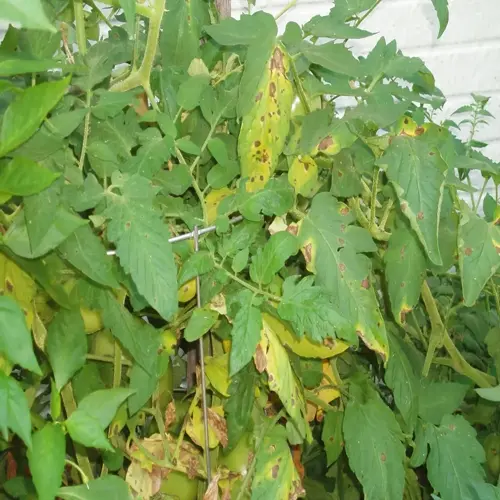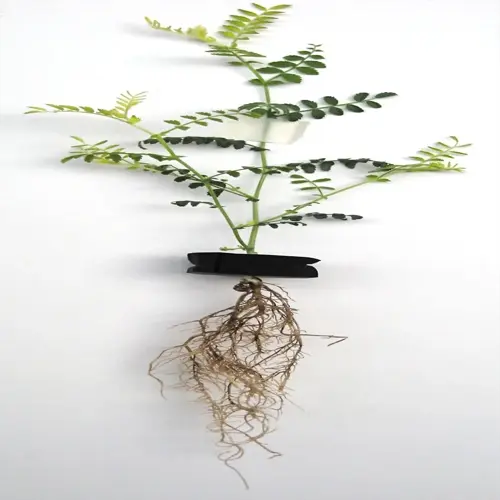How do you know when apples are ready to be picked?

Written by
Julia Anderson
Reviewed by
Prof. Samuel Fitzgerald, Ph.D.You observe apples develop throughout the season, anticipating the ideal time to pick them. Knowing when to harvest apples turns hard, sour fruit into crisp, sweet gems. Get it wrong and you're left with mealy texture or rotting waste. Timing impacts everything from flavor to successful storage.
To examine apples, we can utilize more than one of our senses at a time. Look at the background color change on the opposite side of the stem. When the apple is ripe, it will change from green to a creamy yellow. Feel firmness; ripe apples will give slightly when pressed. A taste for sweetness that is balanced and not starchy. Smell for an aroma characteristic of that variety.
Visual Check
- Examine the stem bowl area for green-to-yellow transition
- Ignore red blush which develops before full ripeness
- Note flesh color changes from greenish to white/cream
Tactile Test
- Apply gentle pressure with your thumb near the stem
- Ideal firmness shows slight give without soft spots
- Use a penetrometer for exact measurements 13-15 lbs
Starch Conversion
- Slice an apple and apply iodine solution
- Measure blue stain coverage on exposed flesh
- Harvest when stain covers less than 20% surface
Various apple varieties ripen throughout the season. The first to mature are early varieties, such as Zestar!, which are ready in August. The mid-season variety, Honeycrisp, reaches its peak late in September. Fuji, the latter variety, extends into October. Each variety has its own unique characteristics, including texture and storage. Monitor your local climate for accurate timing.
Prevent common errors when harvesting fruit. Do not grab the apple and pull straight down. Use the lift-and-twist method to prevent damage that can cause the plant to bloom prematurely the following year. Harvest the orchard when it is dry and the dew has dried up. Dispose of damaged fruit immediately. Do not wash unharvested fruit; store it in shallow, padded containers.
The science of perfect timing begins with observation. Track the results of the starch test along with the corresponding weather records. Document how tree positioning plays a role in when fruit ripens. The annual harvest log that you develop will be your greatest resource. Utilizing these methods provides you with apples that are flavorful and crispy every year.
Read the full article: When to Harvest Apples: Expert Timing Guide

